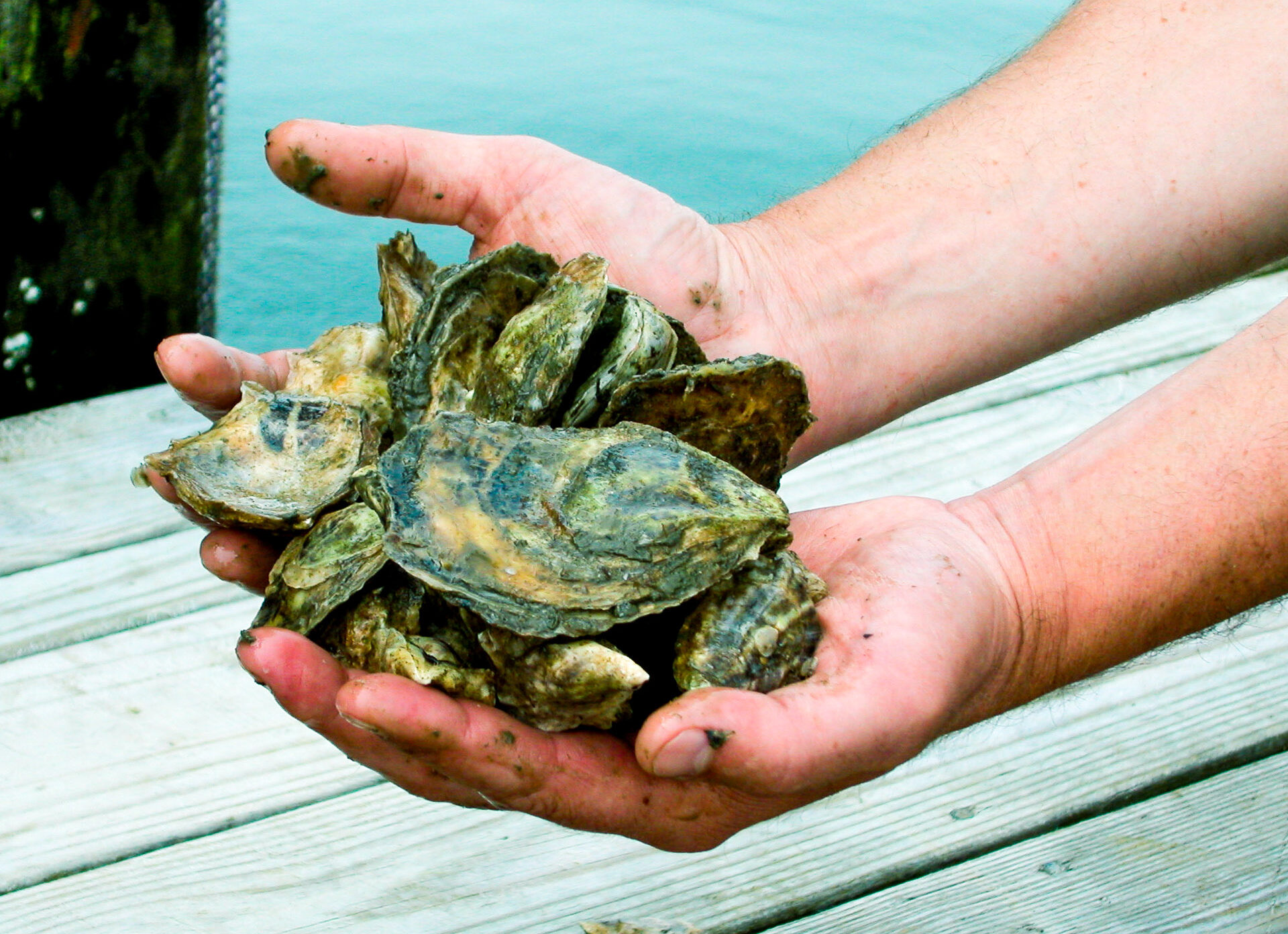
Darling Marine Center to Host UMaine-USDA Aquaculture Experiment Station
Over the past decade, Maine has seen 2.2% annual growth in aquaculture, which has had an overall economic impact of $140 million annually. Tackling the growing challenges for the sector — from emerging finfish and shellfish diseases to the effects of climate change — is critical.
To address these challenges, an Aquaculture Experiment Station has been established by the University of Maine Aquaculture Research Institute (ARI), in partnership with the U.S. Department of Agriculture Agricultural Research Service (ARS) and Auburn University. This cooperative agreement is a commitment to an ongoing conversation between researchers and the aquaculture industry to increase sustainable production and industry stability.
UMaine’s Darling Marine Center in Walpole is one of three sites in Maine that will host Aquaculture Experiment Station activities. DMC-based researcher Damian Brady will be leading the DMC-based program, together with other ARI-affiliated faculty throughout the state.
“This cooperative agreement, combined with the Darling Marine Center’s new flowing seawater laboratory and pier infrastructure, will fundamentally improve the DMC’s ability to connect Maine people with the coast,” noted Brady, who is faculty in UMaine’s School of Marine Sciences.
“Thanks to this partnership, the DMC will have new capabilities to monitor water quality, culture new species, and improve production of existing species. This partnership will enable us to determine the influence of climate change impacts, not only on the aquaculture industries, but also on the wild fisheries that are so vital to local economies and communities.”

The cooperative research and development agreement, eligible for renewal every five years, is funded by $950,000 from USDA ARS for the first year, and $750,000 annually thereafter. The Aquaculture Experiment Station will harness the expertise of ARI-affiliated faculty in Orono and at UMaine’s Darling Marine Center in Walpole, and ARS researchers based on the Orono campus and at the National Marine Cold Water Marine Aquaculture Center in Franklin. The agreement also includes shellfish researchers at Auburn University in Alabama.
“An Aquaculture Experiment Station at the state’s research university aligns with our mission as the land, sea and space grant institution in Maine,” said UMaine President Joan Ferrini-Mundy.
“Aquaculture is critical for the future of our coastal communities and for the economic recovery of Maine. For more than a decade, UMaine’s nationally and internationally recognized aquaculture researchers and facilities have been dedicated to problem-solving, student experience and workforce development, and advancing this sector to benefit the state’s economy. This partnership builds on those strengths, and creates a synergy among cutting-edge expertise, resources and research.”
“This cooperative agreement is a great example of the effectiveness of public-private partnerships among the University of Maine, USDA and the aquaculture sector,” said Sebastian Belle, executive director of the Maine Aquaculture Association.
“Maine has been a leader in the development of sustainable aquatic farming practices for many years. Those progressive methods are founded on science and innovation. The work that the Aquaculture Research Institute and USDA National Cold Water Aquaculture Center does is critical to the continued growth, sustainability and competitiveness of the Maine aquaculture sector,” said Belle.
Founded in 1965, the Darling Marine Center’s mission is to connect people to the ocean. The center’s researchers, staff and students work alongside fishermen, aquaculture entrepreneurs, marine industry professionals and other members of the community in Maine and around the world. More information is available at dmc.umaine.edu
